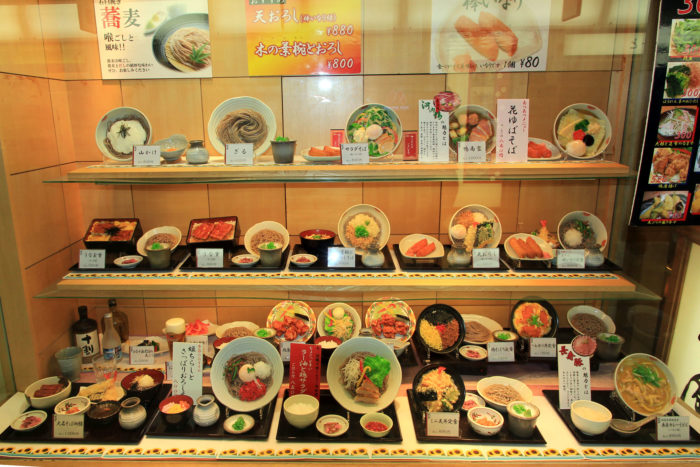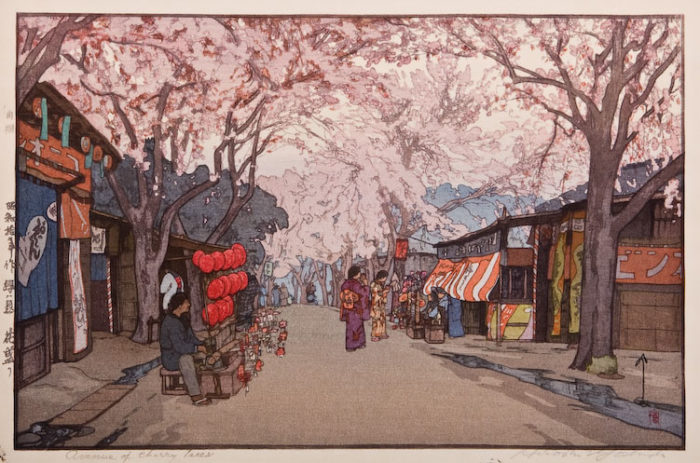
Japanese Communicative Ambiguity: “When does Yes mean Yes?”
Articles, Japanese business, Japanese cultureWhen Yes means Yes, No or Maybe.
I am often asked by Americans and other Westerners working in Japanese organizations questions like “When does ‘yes’ actually mean yes?” or, “How can you tell when a ‘yes’ really means yes?”
These are important questions to ask, and it is a sign of some significant recognition of cultural differences that they are being asked. At the same time, there is often an assumption behind these questions that if the code is known, then it will all become clear; if one knows how to translate the expressions and gestures properly, that one will know precisely what is being intended.
This is where we start to get into some deeper cultural differences. Much of the time Japanese would rather leave their position vague and ill–defined. Taking a stand is not as highly regarded in Japan as it is in the U.S., and in fact, Japanese would often rather avoid taking a stand, at least publicly in order to leave room to maneuver according to the consensus of opinion, and to adapt to the views emerging around them. Thus it is often the case in Japan, even with Japanese people, that the meaning of a remark is not clear.
I remember one time I went with a Japanese friend for a preliminary meeting with the manager of a hall and lodging we planned to rent for an event that would last a few days. I thought I understood the communication well enough except for one remark the manager made. On the way home, I asked my Japanese friend what he thought she meant when she made that particular statement, confident that my friend, being a native who had spent his whole life in Japan, would be able to clarify the manager’s intent. I was a bit surprised when he answered, “saaaa,” meaning something like “hmmm,” or “well…[I wonder].
Thus, in the overall scheme of things, it may be much more important for a Westerner working with a Japanese organization, or with Japanese managers, to learn broad strategies for navigating the relative ambiguity of the Japanese communication process than to try to work out the implications of a particular response.
That said, of course, understanding particular responses is definitely necessary, so here are a few methods of approaching the issue. First of all, as is understood by many non-Japanese working with Japanese colleagues, “yes” does not always mean yes. In general, Japanese are very good about responding to inquiries, so if you are not getting any response to your inquiries and follow-ups, it is very likely that the yes was a polite “no.”
There are, of course, also situations in which your counterpart will actually need some time to be able to get information, or will not be ready or able to give a response without thinking about the situation further and/or consulting with others. So how do you tell if you are legitimately waiting for an answer or if you are simply being given the brush off? Of course, there is no single answer for how you sort that out, but a good start is to ask about the time frame in which you might expect a response. If the answer is something like, “I hope to get back to you within two weeks,” then you probably have reason to think you are still engaged in a serious discussion. On the other hand, If the response is, “We’ll think about it,” and you cannot get anything but vague responses about time frames, the prognosis is not so good.
I once was asked to consult with the owner of a school who was trying to set up an educational program for students coming from a school in Japan. When I found out the details of the two schools, I immediately thought it was an unlikely match. He wanted me to reach out to the Japanese group to pursue it further. I asked how long he had been waiting for a response to his last communication, and he told me 4 months! It is true that Japanese businesspeople are generally not very comfortable saying “no.”
If you are in a meeting with a Japanese counterpart and you get a “yes” about which you are unsure, a question about the next steps, or when you should schedule a follow up meeting may be very revealing.
It is important to recognize that from the standpoint of Japanese culture, there is neither malice nor deceit in this pattern of communication. Rather it is the demonstration of good manners to avoid direct disagreement, and shows a sensitivity to the feelings of the other. It often presents problems for non-Japanese who have been acculturated to make meanings explicit and clear rather than to develop the sensitive radar for picking up subtle signals as to intentions behind the words. More on that another time.
Related articles
Cultural differences and customer experience
I was finally able to visit Japan again at the end of 2023, after a four and a half year gap. I was
The different meanings of psychological safety in Japan, Europe and North America
The concept of “psychological safety” in the workplace started in the United States in the 1960s and
Too early for cherry blossoms!
Japan’s cherry blossom season is peaking at the earliest time since records began over 1,200 y





